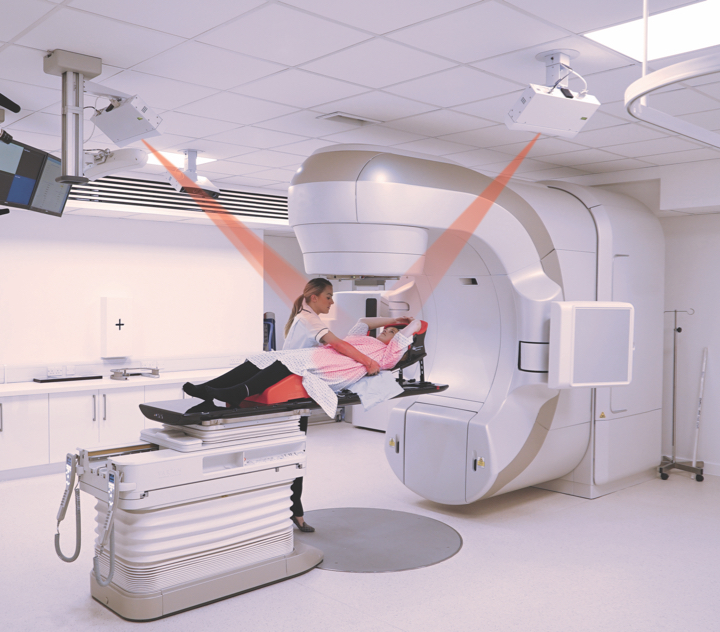Can Shorter Radiation Schedules Help Patients with Aggressive B-Cell Lymphoma?

Aggressive B-cell lymphomas, especially those that return or resist treatment (known as refractory or relapsed, or R/R), are difficult to treat—especially when standard therapies no longer work. While options like stem cell transplants and CAR T-cell therapy offer some hope, they are not available or suitable for everyone.
A recent study explored whether a more convenient and shorter radiation therapy schedule—called hypofractionated radiotherapy—could be an effective treatment for these patients. The results are promising.
What Is Hypofractionated Radiotherapy?
In standard radiation therapy, small doses are given daily over many weeks. Hypofractionated radiotherapy uses fewer sessions with higher doses per session, which can be more convenient for patients and may offer faster results. But its use in aggressive B-cell lymphomas hasn’t been thoroughly studied—until now.
What the Study Looked At
Researchers from a single hospital in China reviewed the outcomes of 30 patients with R/R aggressive B-cell lymphoma who were treated with hypofractionated radiotherapy between 2020 and 2022. They wanted to understand:
-
How effective the treatment was
-
How long patients lived without their disease progressing
-
What side effects occurred
Key Findings
-
High Response Rates
After radiation, 90% of patients responded to treatment, and 80% had a complete response, meaning no detectable signs of cancer in the treated area. -
Strong Short-Term Survival
At one year, over 80% of patients were still alive, and about 66% had no signs of progression. Among those who achieved complete response, these numbers were even higher. -
Out-of-Field Relapses Were a Challenge
Although radiation controlled the targeted tumors well, some patients had relapses in other parts of the body not treated with radiation. These "out-of-field" relapses were more common in patients with:-
More advanced disease
-
Poor response to chemotherapy before radiation
-
Multiple tumors at the time of radiation
-
Partial or no response to radiation
-
-
Mild Side Effects
Radiation was generally well tolerated. No severe (grade 3 or higher) non-blood-related side effects were reported. Minor issues like mild skin irritation or low blood counts were manageable.
Why This Matters
-
Practical for More Patients: Some patients can’t undergo stem cell transplants or afford CAR T-cell therapy. This shorter radiation approach could give them another effective treatment option.
-
Bridge to Other Treatments: For patients waiting for CAR T-cell therapy or recovering from chemotherapy, hypofractionated radiation could help keep the cancer under control in the meantime.
-
Personalized Strategy Needed: Patients with widespread or advanced disease may need additional therapies to prevent new tumors from forming outside the radiation field.
This study adds to the growing evidence that short-course radiation can work well for aggressive lymphomas—especially for patients who respond well to it and have limited tumor sites. Researchers are now exploring combining this radiation with immunotherapy, which might improve outcomes even further.
One such trial is underway, testing Zimberelimab (a PD-1 checkpoint inhibitor) combined with hypofractionated radiation in patients with primary refractory diffuse large B-cell lymphoma.
Want to learn more? Check this out!: https://bmccancer.biomedcentral.com/articles/10.1186/s12885-024-11837-2

